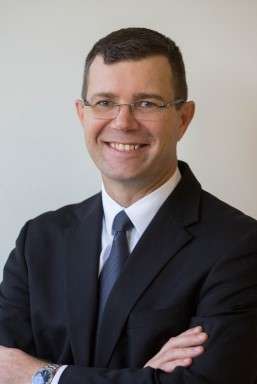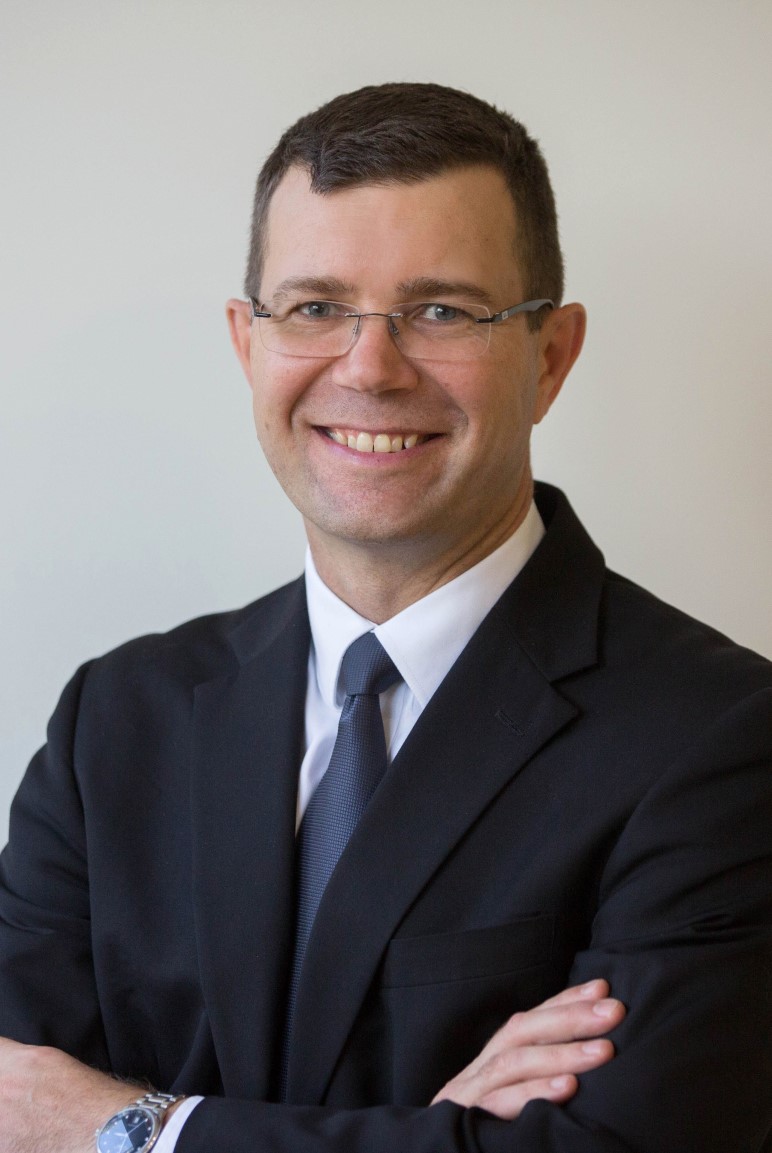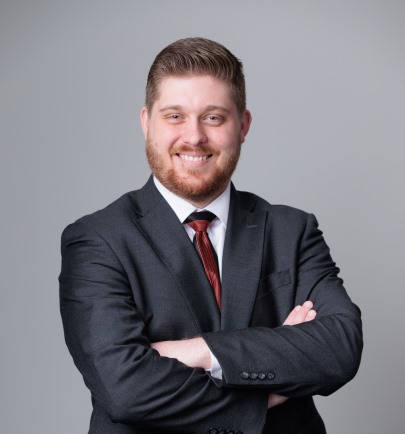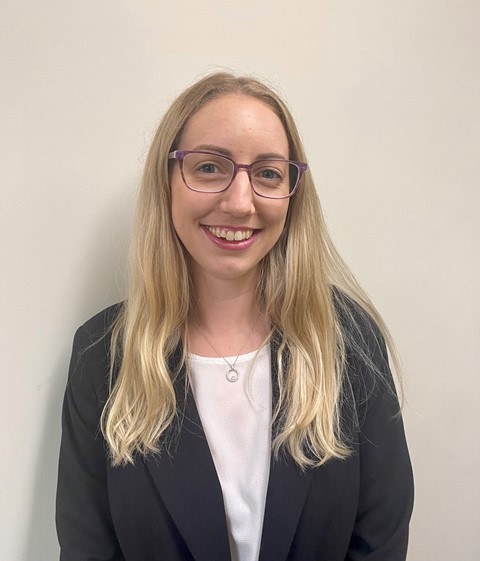Getting prepared for your loss of independence!
22-February-2015 Guardianship By Mark StreeterI’d like to share some information and insights I have garnered from a book 
I loved Professor Gawande’s previous book A Checklist Manifesto, which is the story of his involvement with the World Health Organisation (WHO). However, Being Mortal is a far more personal story, as he details the decisions made and issues raised while looking after his aging parents. Many of us will be sympathetic to the challenges and choices he was faced with while his father was treated for cancer.
The process of aging in society has changed considerably in recent decades as a person’s journey from health to death has lengthened. Medical technology and treatments now give us so many options for extending our lives and as a result, new life choices regarding accommodation and home support options have arisen.
Professor Gawande shares his experiences when, as a family, they were investigating treatment options for his father’s tumour on the spine. He recounts a visit to an oncologist which left he and his parents (both also qualified doctors) struggling to follow the information and work out the options available. He had to consider the trade-offs between the risks of intervention and the side-effects of treatment against the benefits of maintaining a quality of life for a shorter period.
Professor Gawande found that a major challenge in today’s modern society is how to manage and control how and where you will live because it is inevitable in most aging journeys that the ability to be independent will decline. He said it is a matter of managing and putting into place structures and systems that will support us throughout that journey.
From a lawyer’s perspective, it is a question of individual and human rights. How can the person’s dignity, instructions and wishes be implemented and protected notwithstanding a deterioration of decision-making capacity and insight into current circumstances. The default option of “treating” the disease or symptoms is certainly the most immediate and prevalent paradigm in our medical system. The side effects however of many treatment regimes need to be weighed up against the impact on the quality of life.
The book heightened my sensitivity and insight into my clients as they prepare their future succession plans and as I represent people with various levels of disability in the Guardian Division of NCAT and Protective Division of the Supreme Court.
Some of the brutal facts about aging
Some very useful facts are included in this book, including:
- In the course of a normal lifetime the muscles of the jaw lose about 40% of their mass and the bones of the mandible lose about 20%, becoming porous and weak.
- By the age of 60, people in industrialised countries lose, on average, one-third of their teeth and after 85, almost 40% have no teeth at all.
- Even as our bones and teeth soften, the rest of the body hardens. Blood vessels, joints, the muscle and valves of the heart and even the lungs pick up the substantial deposits of calcium and turn stiff. As a consequence of the effort in pumping blood through narrow and stiffened blood vessels, the heart has to generate increased pressure so more than half of the population will develop hypertension by the age of 65.
- By age 40, we begin to lose muscle mass and power and by the age of 80, most adults have lost between ¼ and ½ of their muscle weight. By age 85, working memory and judgment are sufficiently impaired – about 40% of us will have textbook dementia.
- The single most serious threat older people face is “falling over”. Each year about 350,000 Americans fall and break a hip. Of those, 40% end up in a nursing home and 20% are never able to walk again.
Professor Gawande explains the different approach taken by a specialist geriatrician, whose mission is to support a person’s quality of life as they age. This means two things:
- provide as much freedom from the ravages of disease as possible, and
- retain enough function for active engagement in the world.
Most doctors treat the disease and figure the rest will take care of itself.
How can we plan for ageing?
Professor Gawande also discusses the concept of a Living Will (also called an Advance Directive in Australia). He said one of these should be prepared in order for the individual to “control” their future medical and support options. An Advance Directive is an extremely flexible legal instrument that can be customised to suit individual circumstances, but ultimately there are four core questions that need to be answered:
- (a) Do you want to be resuscitated if your heart stops?
- (b) Do you want aggressive treatment such as intubation and mechanical ventilation?
- (c) Do you want antibiotics?
- (d) Do you want tube or intravenous feeding if you can’t eat on your own?
From my own legal viewpoint, and also that of Professor Gawande, the conversation about a person’s future care and any medical interventions needs to consider all the medical, legal and sociological aspects of the individual.
In New South Wales, section 4(1) of the Guardianship Act 1987 sets out the core principles upon which any substitute decision maker should perform their role. The first one is:
➢ The welfare and interests of such persons should be given paramount consideration.
This means that the person’s ‘best interests’ are not purely determined by a medical opinion; the whole person’s wellbeing is considered.
I am reminded of a legal case (see details at Guardian can be removed by Courts) in which an estranged husband was seeking an order to restrain his elderly wife from moving from a nursing home back to her home. The lady had full-time 24-hour care at home. Medical opinion supported the argument that her accommodation should be within a nursing home. However, the Court acknowledged that the ability of the lady to be at home and be able to sit in familiar surrounds in her garden, with her cats, was in her best interests including her emotional and mental wellbeing – notwithstanding an increased risk from a medical perspective.
The Guardianship Division of NCAT and the protective division judges of the Supreme Court of NSW are very respectful that the medical opinion is not solely determinative as to the options available. Furthermore they seek to uphold the right of every individual to be determinative of how they spend their mortal journey and respect their wishes in circumstances where they have lost capacity to make decisions about financial matters or lifestyle/medical conditions for themselves.
My personal journey with ageing parents
This book spoke to me very insightfully because of the medical difficulties I had experienced with both my father and my father-in-law. My father underwent a knee operation a few years ago. The surgery did not really help the knee but as a consequence of complications he got a blood clot, which caused him to lose his vision, and he is now legally blind. His chronic knee conditions continue to cause pain and restrict his mobility – but Dad still plays competition grass bowls!
My father-in-law fell off a ladder 2 ½ years ago. After four hip operations, I recently had the great joy of driving him home from the rehabilitation hospital. Why four hip operations? The first hip replacement did not work. The second failed due to an infection. The third operation was temporary and dealt with the infection and we are praying the fourth hip operation will be successful and will allow mobility and a rehabilitation program to be pursued.
Who should read this book?
This book is for anyone who wants to have a say in how they are cared for and accommodated when their capacity to make decisions for themselves diminishes.
Professor Gawande has written a very engaging book. He intertwines his personal and family circumstances to tell his story. His insights are, from his background and experience, helpful in providing facts and figures to inform and equip us to make decisions both for ourselves and to be a wise participant in important conversations with our family.
Need help with resolving or preventing a dispute?
Request a call with one of our experienced solicitors now!





